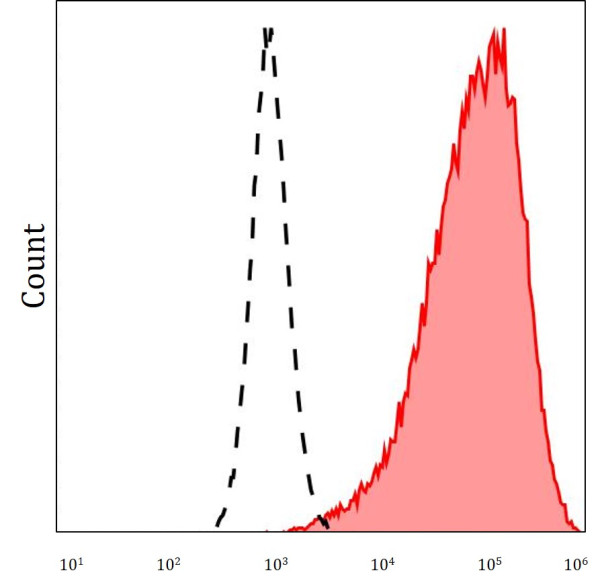Cookie preferences
This website uses cookies, which are necessary for the technical operation of the website and are always set. Other cookies, which increase the comfort when using this website, are used for direct advertising or to facilitate interaction with other websites and social networks, are only set with your consent.
Configuration
Technically required
These cookies are necessary for the basic functions of the shop.
"Allow all cookies" cookie
"Decline all cookies" cookie
CSRF token
Cookie preferences
Currency change
Customer-specific caching
FACT-Finder tracking
Individual prices
Selected shop
Session
Comfort functions
These cookies are used to make the shopping experience even more appealing, for example for the recognition of the visitor.
Note
Show the facebook fanpage in the right blod sidebar
Statistics & Tracking
Affiliate program
Conversion and usertracking via Google Tag Manager
Track device being used

| Item number | Size | Datasheet | Manual | SDS | Delivery time | Quantity | Price |
|---|---|---|---|---|---|---|---|
| ARG43854.100 | 100 tests | - | - |
6 - 14 business days* |
696.00€
|
If you have any questions, please use our Contact Form.
You can also order by e-mail: info@biomol.com
Larger quantity required? Request bulk
You can also order by e-mail: info@biomol.com
Larger quantity required? Request bulk
Protein function: Tyrosine-protein kinase that acts as a cell-surface receptor for PDGFA, PDGFB... more
Product information "Anti-CD140a / PDGFRA (PE-Cyanine 7), clone 16A1"
Protein function: Tyrosine-protein kinase that acts as a cell-surface receptor for PDGFA, PDGFB and PDGFC and plays an essential role in the regulation of embryonic development, cell proliferation, survival and chemotaxis. Depending on the context, promotes or inhibits cell proliferation and cell migration. Plays an important role in the differentiation of bone marrow-derived mesenchymal stem cells. Required for normal skeleton development and cephalic closure during embryonic development. Required for normal development of the mucosa lining the gastrointestinal tract, and for recruitment of mesenchymal cells and normal development of intestinal villi. Plays a role in cell migration and chemotaxis in wound healing. Plays a role in platelet activation, secretion of agonists from platelet granules, and in thrombin-induced platelet aggregation. Binding of its cognate ligands - homodimeric PDGFA, homodimeric PDGFB, heterodimers formed by PDGFA and PDGFB or homodimeric PDGFC -leads to the activation of several signaling cascades, the response depends on the nature of the bound ligand and is modulated by the formation of heterodimers between PDGFRA and PDGFRB. Phosphorylates PIK3R1, PLCG1, and PTPN11. Activation of PLCG1 leads to the production of the cellular signaling molecules diacylglycerol and inositol 1,4,5-trisphosphate, mobilization of cytosolic Ca(2+) and the activation of protein kinase C. Phosphorylates PIK3R1, the regulatory subunit of phosphatidylinositol 3-kinase, and thereby mediates activation of the AKT1 signaling pathway. Mediates activation of HRAS and of the MAP kinases MAPK1/ERK2 and/or MAPK3/ERK1. Promotes activation of STAT family members STAT1, STAT3 and STAT5A and/or STAT5B. Receptor signaling is down-regulated by protein phosphatases that dephosphorylate the receptor and its down-stream effectors, and by rapid internalization of the activated receptor. {ECO:0000269, PubMed:10734113, ECO:0000269, PubMed:10947961, ECO:0000269, PubMed:11297552, ECO:0000269, PubMed:12522257, ECO:0000269, PubMed:1646396, ECO:0000269, PubMed:17087943, ECO:0000269, PubMed:1709159, ECO:0000269, PubMed:17141222, ECO:0000269, PubMed:20972453, ECO:0000269, PubMed:21224473, ECO:0000269, PubMed:21596750, ECO:0000269, PubMed:2554309, ECO:0000269, PubMed:8188664, ECO:0000269, PubMed:8760137, ECO:0000269, PubMed:8943348}. [The UniProt Consortium]
| Keywords: | Anti-PDGFRA, Anti-PDGFR2, Anti-CD140a, Anti-CD140a, Anti-PDGFR-2, Anti-PDGFR-2, Anti-PDGFR-alpha, Anti-PDGFR-alpha, Anti-PDGF-R-alpha, Anti-PDGF-R-alpha, Anti-CD140a antigen, Anti-CD140a antigen, Anti-CD140 antigen-like family member A, Anti-CD140 antigen |
| Supplier: | Arigo Biolaboratories |
| Supplier-Nr: | ARG43854 |
Properties
| Application: | FC |
| Antibody Type: | Monoclonal |
| Clone: | 16A1 |
| Conjugate: | PE/Cy7 |
| Host: | Mouse |
| Species reactivity: | human |
| Immunogen: | Human CD140a / PDGFRA fusion protein |
| MW: | 123 kD |
| Format: | Affinity Purified |
Database Information
| KEGG ID : | K04363 | Matching products |
| UniProt ID : | P16234 | Matching products |
| Gene ID | GeneID 5156 | Matching products |
Handling & Safety
| Storage: | +4°C |
| Shipping: | +4°C (International: °C) |
Caution
Our products are for laboratory research use only: Not for administration to humans!
Our products are for laboratory research use only: Not for administration to humans!
Information about the product reference will follow.
more
You will get a certificate here
Viewed


